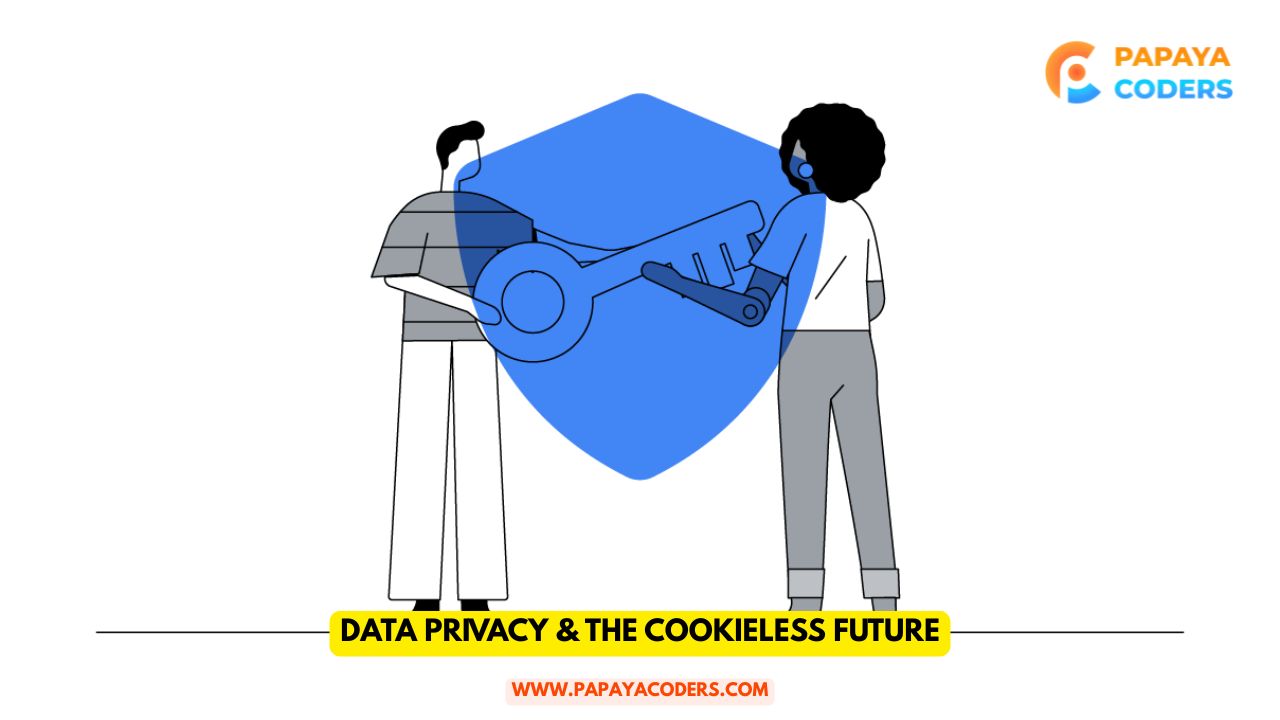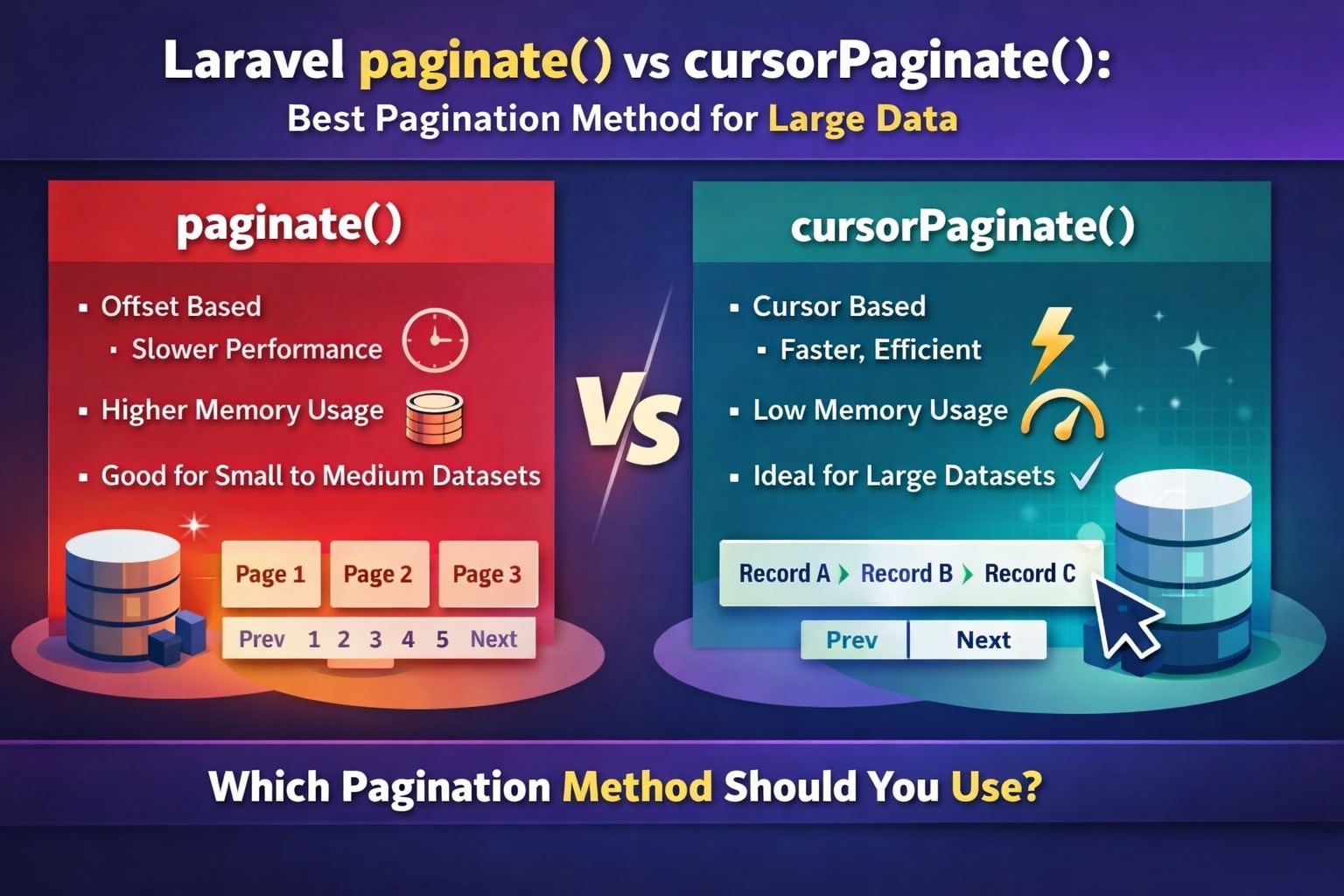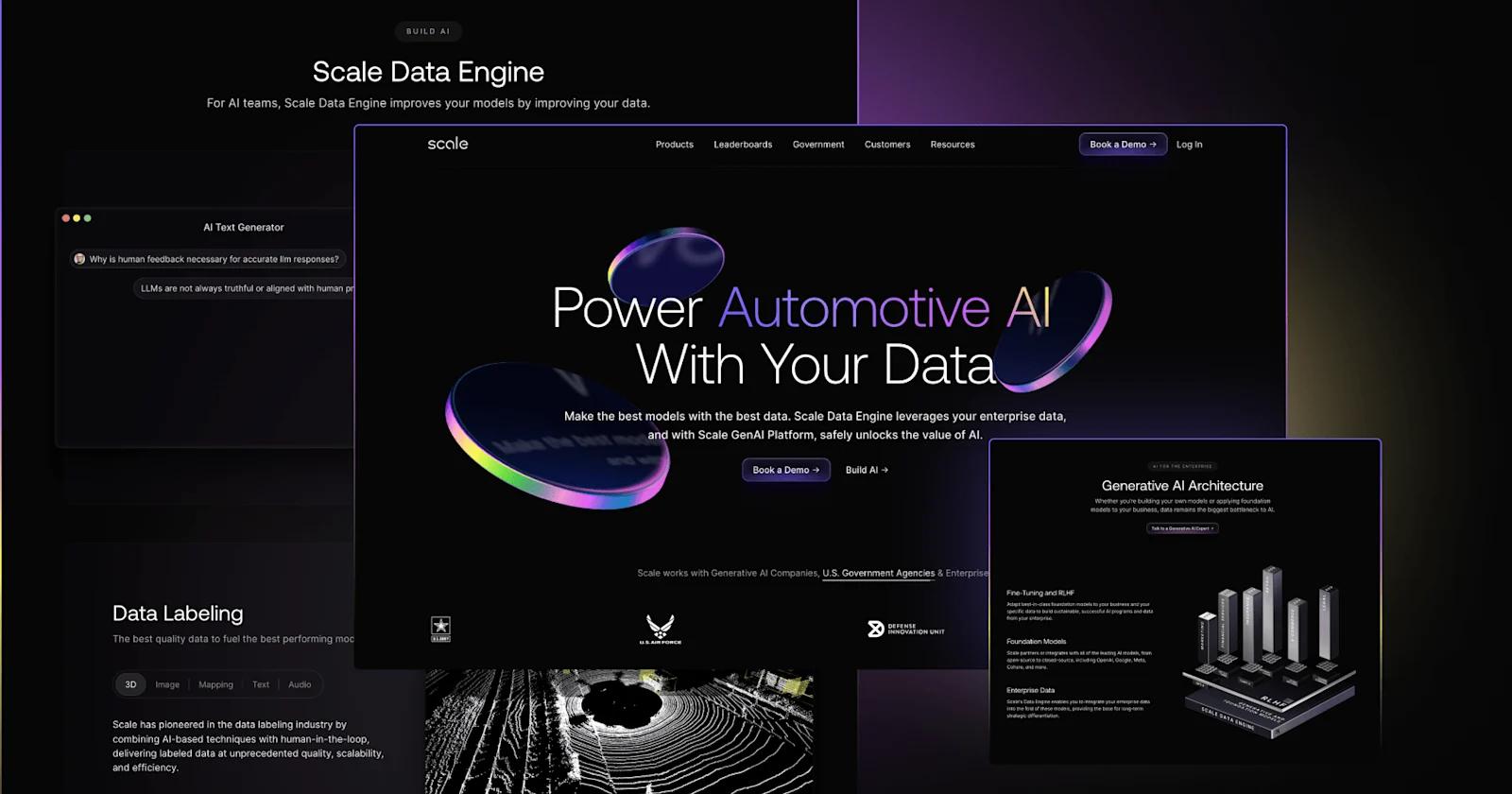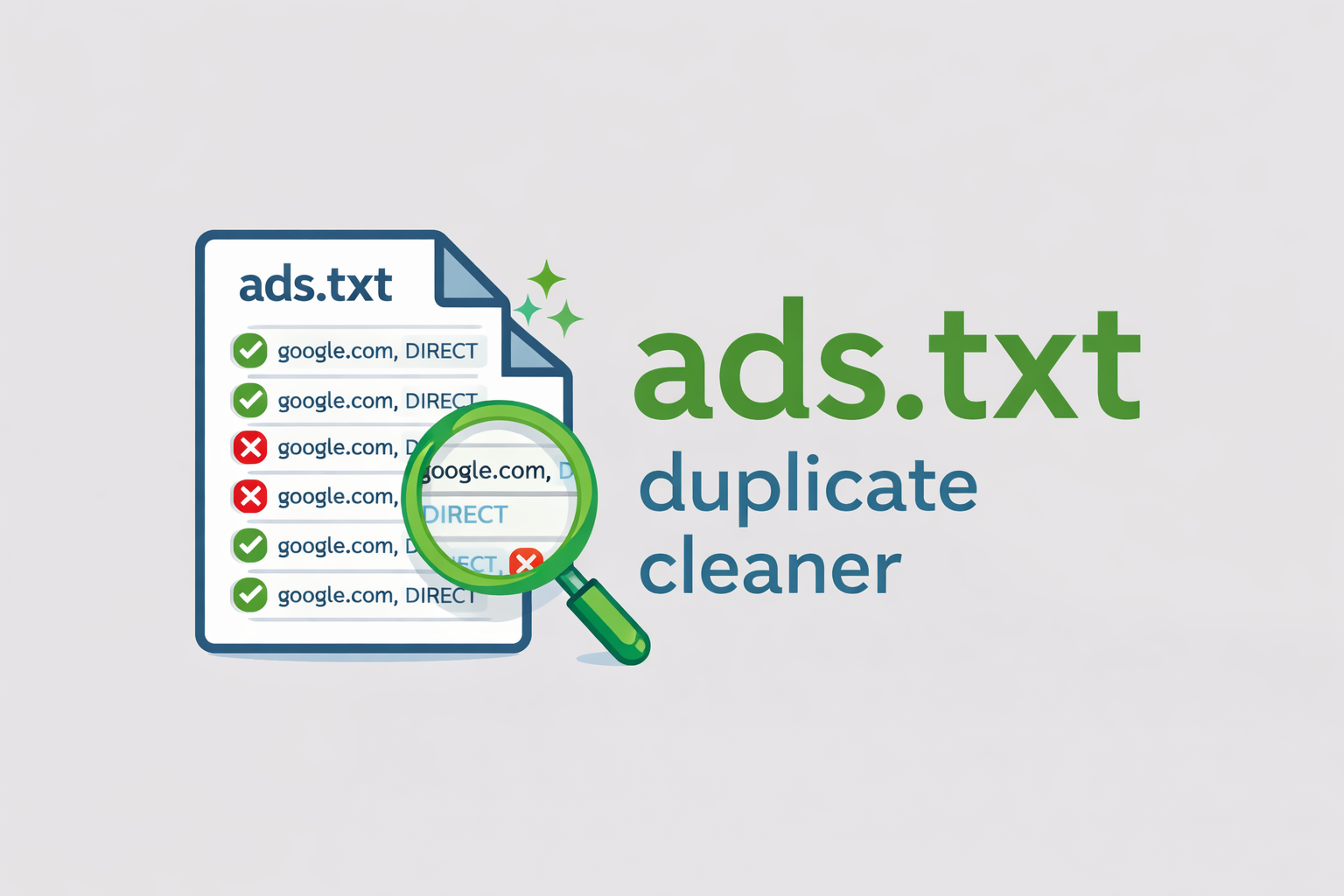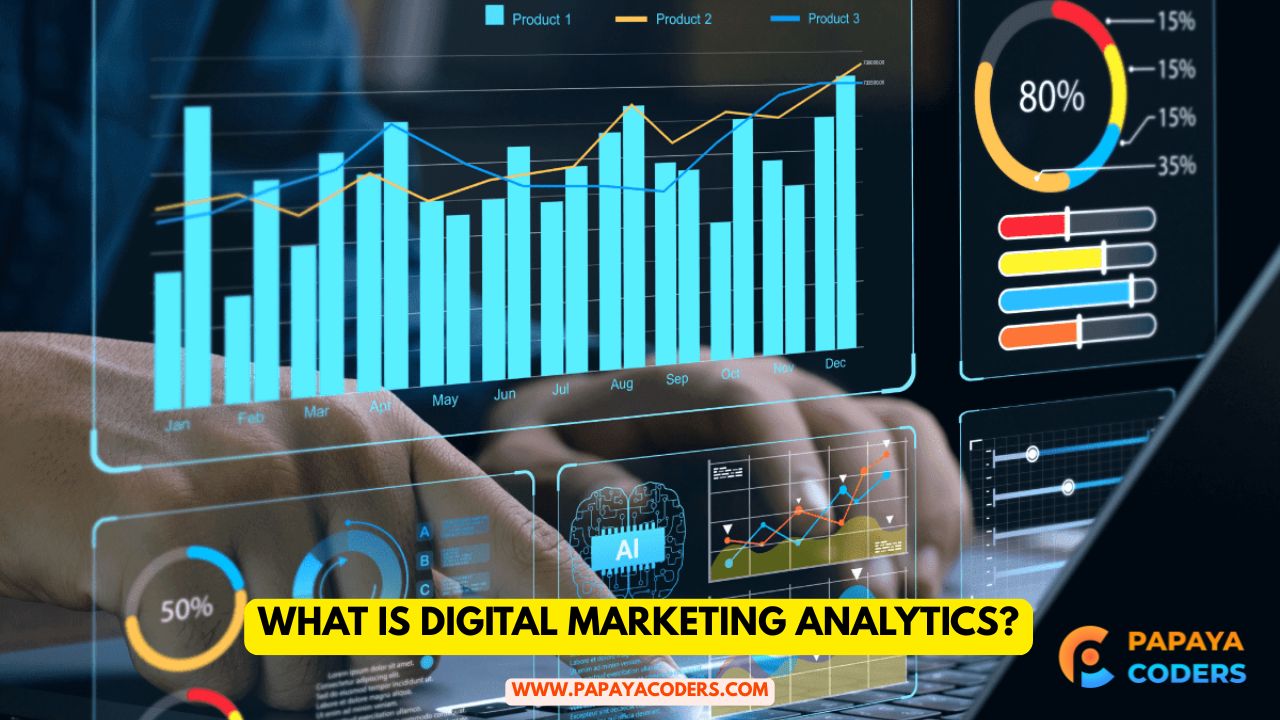From the very beginning, content and digital marketing have been dependent on data. The data started off with cookies, which tracked the number of users who visited and interacted with ads across websites, and ultimately personalized the ways to buy products without ever really interacting with a company.
Digital marketers were really dependent on third-party tracking to get insight and conversions. However, growing privacy concerns due to regulations (GDPR, CCPA), and the big players of tech are clarifying their shift to a cookieless world.
We are experiencing a huge shift in marketing. Simply put, it’s not only the fact that marketers are losing cookies, but it’s also about learning different avenues in which they can communicate, without sacrificing customers’ trust.
The Move to a Cookieless Future

They allowed marketers to track user activity across websites, assess ad campaigns, and build personalized messages based on data gathered by their cookies. At the same time, cookies also raise larger privacy concerns.
Customers began to understand the extent of their personal data that was being tracked and sold by companies, leading to demands for better privacy policies and legislation. In response, browsers like Safari and Firefox have elected to block third-party cookies by default, and Google Chrome, which holds the majority share in the browser market, is phasing out third-party cookies altogether.
All of this means marketers must think critically about how they track and utilize the data consumers provide on an ongoing basis while still providing personalized experiences without sacrificing users’ privacy.
Why Data Privacy Matters More Than It Ever Has
When you add privacy, data breaches, unwanted tracking, and intrusive advertising, consumers have become very skeptical. At this stage, respect for privacy, consent, and transparency are no longer optional – they are required.
Marketers who are unable to adapt as far as privacy policies are concerned are living on borrowed time before they are faced with privacy-based customer attrition and no brand loyalty.
Companies that respect privacy create growth based on trust. The cookieless future means that the marketing climate will necessitate organizations to earn trust by showing consumers that they respect their privacy and, as such, will take action to follow through with their professed honor.
First Party Data as the New Gold
First-party data is the information that a business collects from customers directly through its website, apps, newsletters, surveys, and loyalty program. First-party data is also the most accurate and relevant in comparison to third-party data because it is collected directly from the source and with user consent.
Take this as an opportunity to deepen the customer relationship and promote direct communication. Comments, email subscription, page views, exclusive content, and personalized loyalty programs are some excellent examples of how to compel customers to willingly share their information with you.
The Resurgence of Contextual Advertising
One significant trend that we have seen from this shift is the resurgence of contextual advertising. Contextual advertising places media based on the context in which it is placed, rather than by tracking individual people across the web. For example, an advertisement for fitness gear might appear in an article on a health blog or in a workout video rather than just everywhere on the internet.
Contextual ads not only protect the user’s privacy but also increase their relevance because the ad is contextualized to the user’s current intent. This type of advertising seems to simply be a less intrusive form of advertising that leads itself back to an environment users expect and are likely to engage with.
New and Emerging Technologies Impacting Marketing in a Cookie-less Future
Marketers are actively experimenting with new tools and technologies to help supplement the loss of cookie trust signals. Privacy-first solutions, such as Google’s Privacy Sandbox, aim to create opportunities for marketers to target audiences on an aggregated or anonymized basis while still keeping individual information private.
Server-side tracking, advanced data analytics, and personalized AI experiences are delivering innovative ways for marketers to develop insights without infringing on individuals’ privacy. Most importantly, brands are learning to lean toward zero-party data – information users willingly and deliberately provide about their preferences and intentions.
Preparing for the Future of Marketing in a Privacy-First World
This is a reset. Instead of relying on the overwhelming influence of intrusive tracking capabilities, marketers will have the opportunity to build more authentic and meaningful connections based on who their audiences are as individuals.
The opportunities lie in transparency, exchanging value for the data, and engaging marketing strategies that comply with privacy-first standards. Those businesses that experiment with, and start to build upon, their own first-party data and invest in contextual targeting and reimagining their content strategy as consumer privacy mounts will become front-runners when cookies cease to exist altogether.
Read Also:-
- Social Media Algorithms in 2025: How to be Part of the Natural Visibility Mix
- Tech Forum Submission Sites: Boost Your Tech Presence
Conclusion:-
Data privacy is not only a compliance requirement, but the basis for lasting trust between brands and consumers. The cookieless future may feel scary, but it also opens avenues for better, more responsible marketing. For marketers, we should shift focus from performance marketing relying on every click, and instead focus on relationships based on trust, relevance, and transparency.

